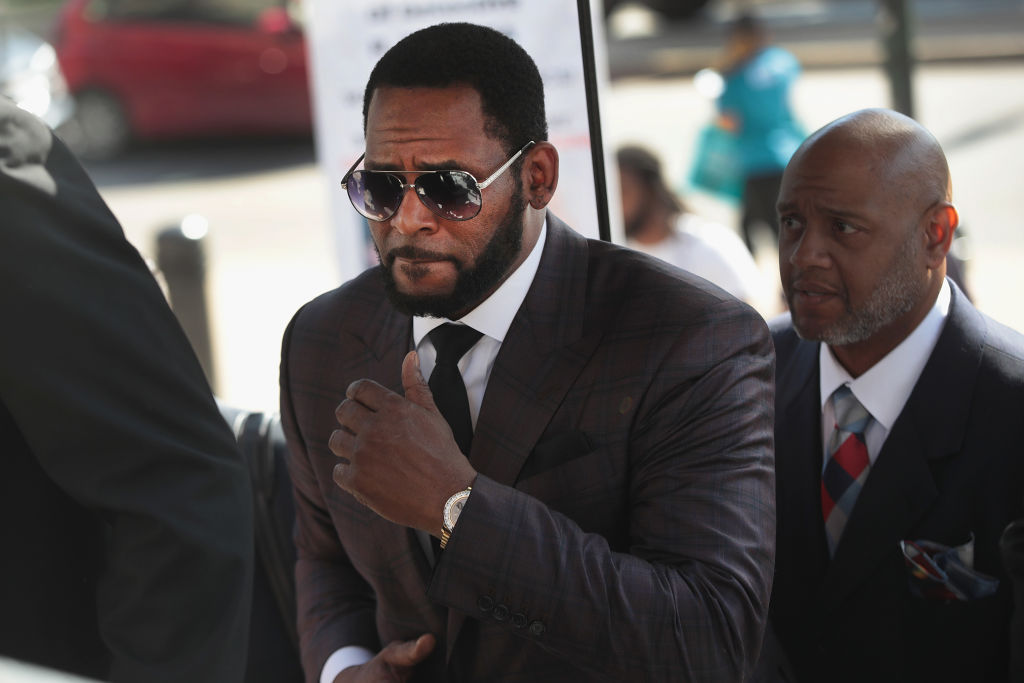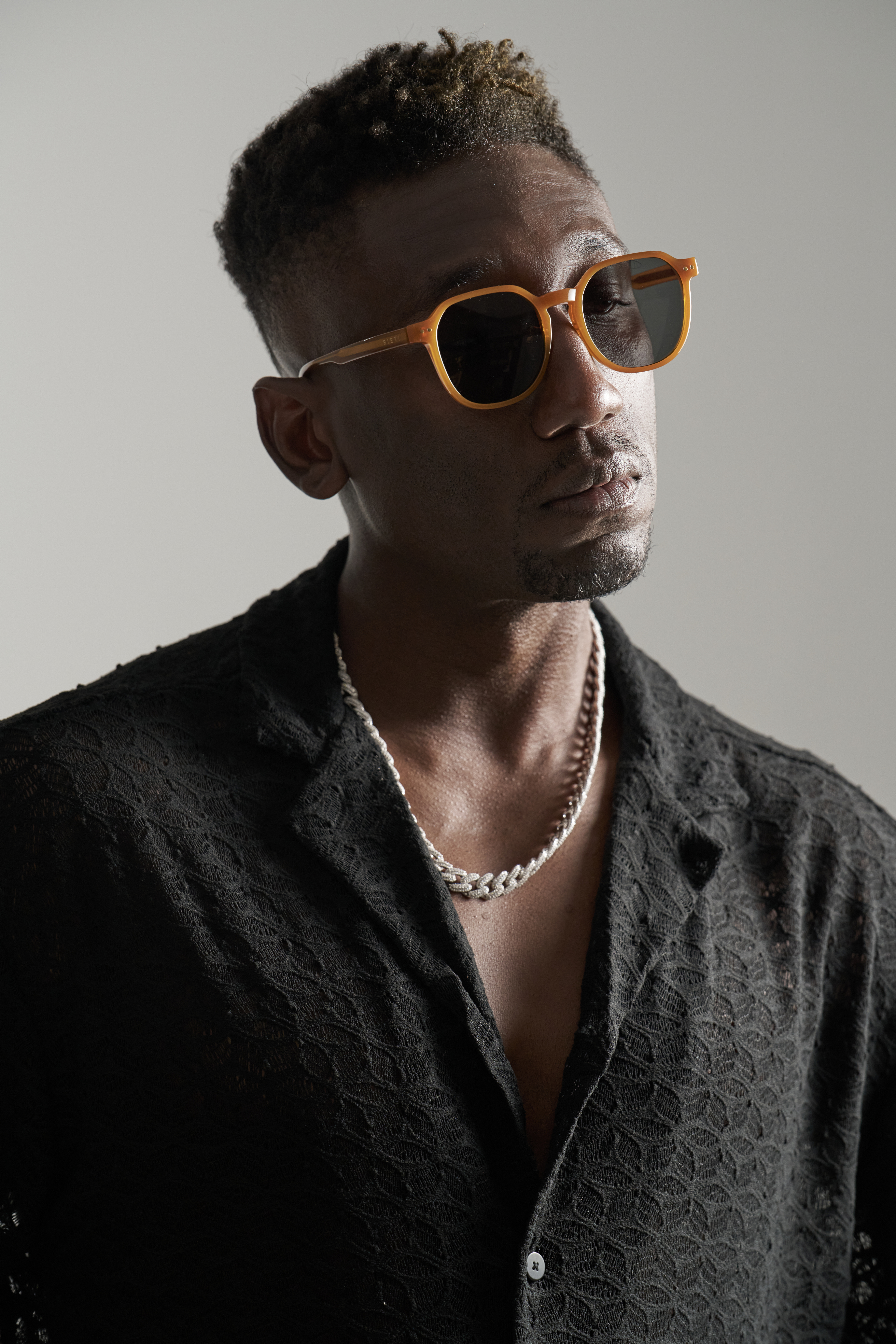Features
Lola Odele: Is it Possible to Separate Artists from their Art?

CHICAGO, ILLINOIS – JUNE 26: R&B singer R. Kelly (C) arrives at the Leighton Criminal Courts Building for a hearing on June 26, 2019 in Chicago, Illinois. Kelly is facing several counts of aggravated sexual abuse. (Photo by Scott Olson/Getty Images)
The domino effect of the me-too movement still lingers in our memory. During the ‘mute R. Kelly‘ campaign – an idea meant to stop the artist from profiting from his songs, there was a widespread debate on whether or not we should separate the art from the artist. Frankly speaking, R. Kelly has penned some of the greatest R&B hits, however, I find it cringy to listen to Michael Jackson‘s You Are Not Alone (a song written by R. Kelly) after I discovered the song is actually about a 17-year-old child who miscarried his child.
I personally believe art is an extension of the artist. Through music, singers and songwriters have shared their innermost secrets, thoughts, pain, sexual preferences, and love issues with the world. Writers and multidisciplinary artists have been inspired by their living experience. Consuming art makes us feel connected to the artist(s) in many ways – like we have a part of them we can hold on to or fall in love with.
However, on so many occasions, celebrities and public figures have done and said outrageous things with the belief that“there’s no such thing as bad publicity.” Says who?! (see Jennifer Lopez resurfaced video badmouthing some female artist during the Oscars season). As an artist, controversies put you in a bad light and it is very difficult for people to separate your actions from your art. You are an artist, not a reality show. You should be known for your artistic talents.
Some celebrities say or do controversial things just so they can remain relevant. Many practice the literal meaning of Oscar Wilde‘s words, “The only thing worse than being talked about is not being talked about.” But let’s face it, some publicity do more harm than good. Controversial statements and scandalous behaviors, poorly received interviews, insensitive posts on social media, or breaking laws and order can take a toll on artists’ careers. Insensitive posts and behaviours always precede the cancel culture.
In the same vein, cancel culture is not the best approach to disagreements, except, of course, in extreme cases like R.Kelly’s scandalous sexual assault and pedophilia charges. I believe calling out problematic behavior should be done with utmost respect and without assassinating the person’s character.
To a large extent, social media has aided the cancel culture, many people, especially celebrities, are afraid of being called out or canceled. They are afraid of sharing unpopular opinions for the fear of alienating their fan base. I understand these fears. In many cases, people, especially fans, withdraw their support from celebrities or public figures after they have done or said something considered offensive. Celebrities like Toyin Aimakhu, Cardi B, Kanye West, amongst others, have survived the ‘cancel culture’. Yet, we must agree that, unlike R.Kelly, they haven’t done grievous things that will make the world pause, sigh and cry.
While I do not support the cancel culture, I believe that the words and actions of artists give us a glimpse into who they truly are, and yes, actions have consequences. If you continuously promote rape culture through your words, even if you claim not to be a rapist, why should I listen to your songs? If you support violence and brutality, why should I watch your movies? If you are a pedophile, why should I buy your art? Cancel culture can be toxic, and people, including public figures, should be given the chance to learn from their mistakes and grow. Still, there are consequences for actions and it is no one’s fault that people do not want to watch your movies, listen to your songs, buy your artworks or patronise you because you have f**ked up.
If your career depends on a large following or fanbase, you have to watch what you disseminate to the public and what you do. It’s up to you to find the balance with having a voice, exercising your right to freedom of speech, expressions and actions, and maintaining your loyal fan base.




















